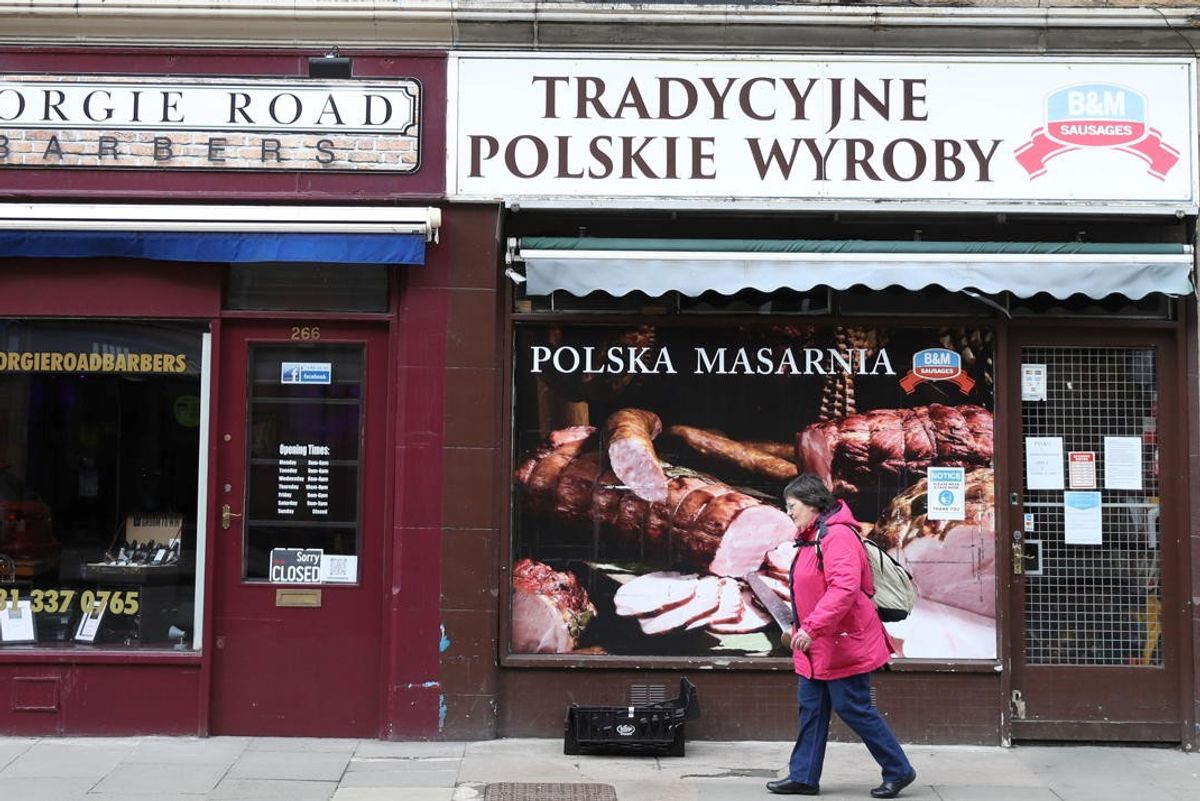Scotland today (26 April) entered into the Level 3 of the Covod-19 lockdown, paving way for significant easing of restrictions across retail, hospitality and travel.
Non-essential retail outlets and close contact services such as beauty salons are allowed to reopen from today, alongside hospitality venues such as cafés, pubs and restaurants. In addition, indoor attractions and public buildings such as galleries, museums and libraries can also reopen.
The remaining travel restrictions within Scotland will be lifted and travel within the UK will be permitted for any purpose. The region is expected to move to Level 2 on 17 May in its route map out of the lockdown.
Cafés, pubs and restaurants can resume full outdoor service from today, subject to local licensing, and serve food indoors without alcohol until 8pm. Takeaways can resume normal service, with physical distancing and face masks in premises.
The Scottish Retail Consortium (SRC) and retail trade union Usdaw have jointly asked Scots to follow the rules and respect shop workers as the shops reopen.
“The reopening of non-essential shops offers a lifeline for many retailers. That is good news for helping to safeguard jobs, but the virus is still out there,” Stewart Forrest - Usdaw divisional officer for Scotland, said.
“We expect employers to ensure that robust safety measures are in place and that customers are fully aware of the restrictions. Shoppers need to play their part in helping to limit the spread of the virus and avoid further lockdowns by following the rules and respecting staff.”


